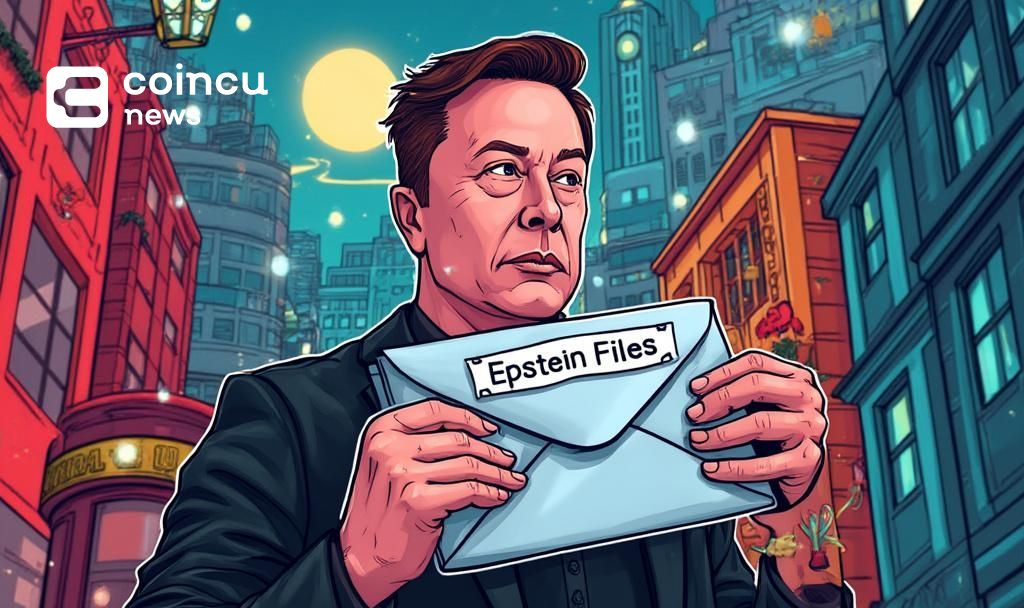$102551.386
At CoinCu News, we give both basic and in-depth articles on the latest news in the cryptocurrency and blockchain sectors.

John Kojo Kumi is a cryptocurrency researcher and writer specializing in emerging startups, tokenomics, and market dynamics within the blockchain ecosystem. With years of experience in crypto journalism and blockchain research, he provides in-depth coverage of decentralized finance (DeFi), NFTs, and Web3 innovations.
He holds a Bachelor of Arts in Geography and Rural Development from Kwame Nkrumah University of Science and Technology, Kumasi, bringing a multidisciplinary perspective to the evolving digital asset space. As a Crypto News Writer, he tracks and reports on industry trends, while his role as a Registrar at the Commission on Human Rights and Administrative Justice reflects his commitment to governance and transparency.
His expertise spans content strategy, SEO optimization, and technical research, enabling him to craft insightful, data-driven analyses. Passionate about blockchain’s transformative potential, he strives to equip readers with the knowledge to navigate the complexities of digital assets and decentralized technologies.
News
Congress Bypasses Rules, Sparks Transparency Concerns in Bill Passage
U.S. House bypasses transparency rules on bill, raising concerns amidst crypto market volatility fears.
Jun
Circle’s IPO Sees Shares Surge Amid Strong Investor Demand
Circle's IPO shares opened at $69, with investors such as Ark Investment and BlackRock showing
Jun
Xi Jinping Praises U.S.-China Trade Dialogue Progress
Xi Jinping highlights progress in U.S.-China trade talks, emphasizing dialogue and cooperation for economic solutions.
Jun
World Liberty Financial Halts Unauthorized Trump Wallet Development
World Liberty Financial issues cease and desist to Fight Fight Fight LLC over unauthorized "TRUMP
Jun
Cynthia Lummis Proposes U.S. Crypto Tax Reform
Wyoming Senator Cynthia Lummis pushes for comprehensive U.S. cryptocurrency tax reform.
Jun
Fact Check: Elon Musk’s Alleged Post on Epstein Files
Elon Musk's reported post on Epstein files lacks confirmation; no market impact noted.
Jun
Curve Finance Hacked: Egorov Cites Coordinated Attacks
Curve Finance's founder highlights coordinated hacker attacks impacting DeFi platform, revealing security challenges.
Jun
Beijing Police and BEE Formalize Virtual Currency Disposal
Beijing police and BEE sign agreement for disposing seized virtual currencies via Hong Kong exchanges.
Jun
Michelle Bowman Appointed Vice Chair for Supervision, Crypto Talks Intensify
Michelle Bowman confirmed as Federal Reserve Vice Chair for Supervision, influencing crypto regulations and banking
Jun
[tptn_list how_old="7" limit="5" title_length="0" heading="0" show_date="0" ]
[tptn_list how_old="30" limit="5" title_length="0" heading="0" show_date="0" ]




















